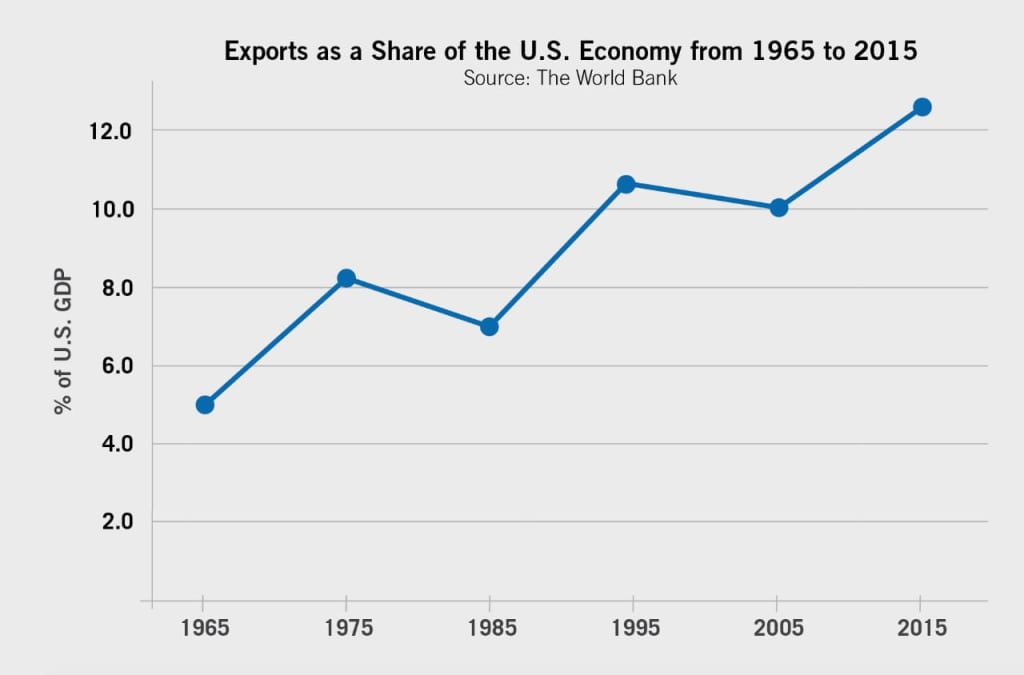
Introduction
The stability of the American economy is of paramount importance to the well-being of its citizens and the global financial system. In order to safeguard against the risk of default, it is essential to implement prudent financial policies and strategies. This article outlines key measures that can be taken to ensure the American economy never falls into default.
Responsible Fiscal Policies
The government must prioritize responsible fiscal policies that promote sustainable economic growth and reduce the risk of default. This includes implementing sound budgetary practices, such as maintaining a balanced budget or working towards reducing the budget deficit. Responsible fiscal policies can help prevent excessive borrowing and minimize the risk of default.
Strong Financial Regulation
A robust regulatory framework is crucial to maintaining a stable and resilient financial system. Effective oversight and regulation of financial institutions can prevent systemic risks and limit the possibility of a financial crisis that could lead to default. Implementing comprehensive regulations, such as those outlined in the Dodd-Frank Wall Street Reform and Consumer Protection Act, helps ensure transparency, accountability, and stability in the financial sector.
Diversified and Resilient Economy
A diverse and resilient economy is less susceptible to shocks and downturns. Promoting economic diversification across industries and regions can help mitigate the risk of default. Encouraging innovation, entrepreneurship, and investments in various sectors can enhance economic resilience and create a more stable foundation for sustained growth.
Effective Debt Management
Prudent debt management is essential to prevent default. The government should adopt strategies to effectively manage its debt, including maintaining a manageable debt-to-GDP ratio, refinancing debt at favorable terms, and pursuing responsible debt restructuring if necessary. Regular monitoring and assessment of the debt profile can help identify potential risks and address them proactively.
Strong Investor Confidence
Maintaining strong investor confidence is crucial to prevent default. Clear communication of fiscal and monetary policies, as well as transparent reporting of economic indicators, can enhance investor trust and attract capital inflows. Ensuring political stability and the rule of law also play a significant role in fostering investor confidence and reducing the likelihood of default.
Continual Economic Growth
Sustained economic growth is a vital factor in preventing default. Policies that promote investment, job creation, and productivity improvement contribute to a strong and expanding economy. Encouraging a favorable business environment, investing in infrastructure, and supporting research and development initiatives can stimulate economic growth and reduce the risk of default.
Collaborative International Relations
Maintaining positive and collaborative relationships with international partners is crucial for the American economy. Coordinating policies, engaging in fair trade practices, and fostering international cooperation help create a stable global economic environment. By working closely with other nations, the risk of external shocks that could lead to default can be minimized. Size and GDP: The United States has the world's largest economy in terms of nominal GDP. It accounts for a significant portion of global economic output, contributing to approximately a quarter of the world's GDP. The size of the American economy allows for diverse industries, innovation, and substantial consumer spending.
Market-driven Economy: The U.S. economy operates on the principles of supply and demand, where market forces largely determine prices, production, and allocation of resources. Private businesses and individuals play a vital role in driving economic activity and making investment decisions.
Sectors: The American economy encompasses various sectors, including manufacturing, services, finance, technology, healthcare, agriculture, and energy. The services sector is the largest contributor to GDP, followed by manufacturing and finance. The U.S. is known for its technological advancements and innovation, particularly in sectors such as information technology and biotechnology.
Labor Force: The American labor force is highly diverse and skilled. The U.S. has a significant number of workers employed in both white-collar and blue-collar occupations. The labor market is dynamic, and the unemployment rate and job creation are closely monitored as indicators of economic health.
Consumer Spending: Consumer spending is a crucial driver of the American economy. The U.S. has a large middle-class population with substantial purchasing power, contributing to domestic demand and economic growth. Retail sales, housing market activity, and consumer confidence are important indicators of consumer spending trends.
Trade and Global Influence: The United States is an active participant in international trade. It is a major exporter and importer of goods and services, and its trade relationships have a significant impact on the global economy. The U.S. dollar serves as the world's primary reserve currency, reinforcing the country's global economic influence.
Economic Policy: The U.S. government plays a significant role in shaping economic policy. Policies related to taxation, regulation, trade, and monetary policy are formulated and implemented to support economic growth, stability, and employment. The Federal Reserve (the central bank) implements monetary policy to manage inflation, interest rates, and overall economic stability.
Economic Challenges: Like any economy, the American economy faces various challenges. These may include income inequality, fiscal deficits, healthcare costs, demographic shifts, technological disruptions, and global economic uncertainties. Addressing these challenges requires ongoing policy adjustments and adaptation.
Overall, the American economy is characterized by its size, diversity, entrepreneurial spirit, and innovation. It is an influential player in the global economic landscape, with policies and performance that impact both domestic and international markets.
Conclusion
Preventing default in the American economy requires a multi-faceted approach that encompasses responsible fiscal policies, strong financial regulation, a diversified economy, effective debt management, strong investor confidence, continual economic growth, and collaborative international relations. By implementing these measures, the United States can ensure the long-term stability and resilience of its economy, mitigating the risk of default and securing the well-being of its citizens.





Comments
There are no comments for this story
Be the first to respond and start the conversation.